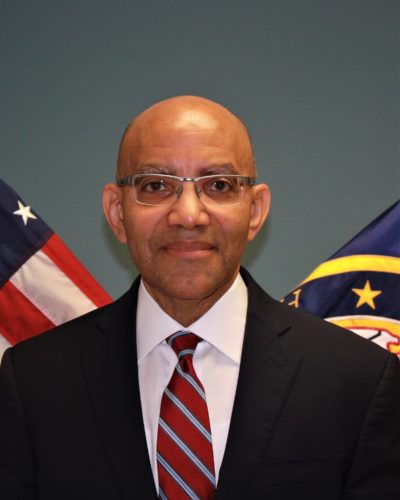
Share this story
- Eligible students must be North Carolina residents, enrolled in an academic program leading to a postsecondary degree or credential, and working towards their first postsecondary degree or credential.
- The Summer Accelerator grant provides up to $5,000 for students taking community college, UNC System, or private university classes. Students can use the money for tuition, fees, books, housing, and other expenses.
|
|
Students struggling to afford classes this summer might find relief through a new $27 million “Summer Accelerator” grant program, announced by Gov. Roy Cooper in April.
The program provides up to $5,000 for students taking community college, UNC System, or private university classes. Students can use the money for tuition, fees, books, housing, and other expenses.
“Many of the jobs of today and tomorrow require a degree or credential beyond high school,” Cooper said in an April 22 release. “This funding will help students who lost ground during the pandemic to get back on track toward their degree.”
The Summer Accelerator program is part of a $34 million investment in new federal funding. In addition to the postsecondary tuition assistance, the governor directed funds toward K-12 mental health needs. The financial offices at each campus will distribute the awards, which are available this summer and the summer of 2023.
Sign up for Awake58, our newsletter on all things community college.
Eligible students for the Summer Accelerator grant must be:
- North Carolina residents for tuition purposes.
- Enrolled in an academic program leading to a postsecondary degree or credential.
- Working towards their first postsecondary degree or credential.
Community colleges typically offer two terms of summer courses. Awarded funds are based on the number of summer courses a student is taking.
To apply for the Summer Accelerator grant, students should contact the financial aid office at their school. Click through the spreadsheet below for contact information at your community college.
Governor’s initiative to provide affordable higher education
The N.C. Community College System (NCCCS) received about $5.3 million in Summer Accelerator grant funding; the UNC System received $16.3 million.
“For community college students who are balancing a job, family and college, the Summer Accelerator grants provide a lifeline to shorten their time to earn a degree and enter the job market,” said NCCCS President Thomas Stith. “These grants are critical, particularly at this time when our Great 58 community colleges around the state are helping fuel North Carolina’s job engine and growing economy.”
In May 2021, Cooper proposed “a more robust version of the Summer Accelerator,” according to the April release. That $350 million proposal toward the N.C. Guarantee Scholarship guaranteed students from families making $60,000 per year or less at least $6,000 annually toward any UNC institution or community college.
Cooper initially wanted the legislature to allot $60 million toward the summer school grants.
“It is now the Governor’s latest initiative to ensure higher education remains affordable and to develop a skilled workforce,” the April release said.
All the funding for these initiatives is from federal Emergency Assistance for Non-Public Schools funds. Those funds have now reverted to the Governor’s Emergency Education Relief (GEER) fund.
Cooper also launched the $31.5 million Longleaf Commitment in May 2021. That grant supplements the federal Pell grant and ensures recent North Carolina high school graduates from low- and middle-income families receive anywhere from $700 to $2,800 per year to go toward tuition and fees at the state’s 58 community colleges. The grant was also funded using GEER funds. In November, the grant was expanded in the state budget to also include 2022 high school graduates.
Nearly $8.7 million in Longleaf funds have gone to more than 13,600 students — with 63% of them from families with incomes less than $70,000 per year.
The $34 million investment announced in April also included $1.7 million to the N.C. Business Committee for Education (NCBCE) to expand the Tech Team initiative and $726,000 to the North Carolina Education Corps for high-impact literacy tutoring.
Recommended reading




